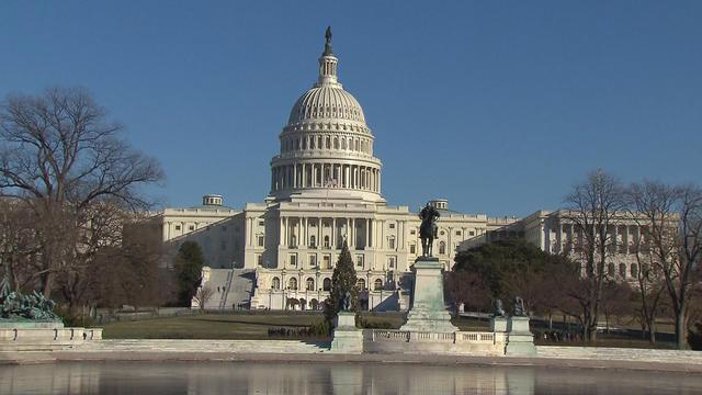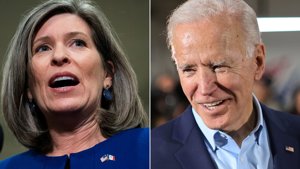
Congress Faces Shutdown Deadline Amid Budget Standoff
Congressional Republicans face a tight deadline and partisan divisions as they work to avoid a government shutdown by Sept. 30.
Republicans Confront Budget Deadlock as Shutdown Looms
Congressional Republicans are scrambling to deliver on their pledge to cut government spending while racing to prevent a partial government shutdown before the fiscal year deadline on September 30. The coming weeks will test lawmakers’ ability to strike a deal as partisan divides, legislative hurdles, and the lingering threat of a shutdown dominate Washington.
Passing all 12 appropriations bills to fund different sectors of the government has been a long-standing goal, but it has not been achieved since 1996. The process has become increasingly fraught in recent years as partisan polarization has sidelined powerful appropriations committees and made consensus elusive.
This year, House Republicans are aiming to fulfill the Trump administration’s request to slash $163 billion from non-defense spending—a goal that has exposed rifts between the House and Senate GOP. Some Republicans warn that the cuts may end up exceeding the president’s budget, setting up a clash with Senate counterparts and Democrats.
“When’s the last time we got 12 appropriations bills actually done and completed in a couple of weeks? It’s almost impossible to do,” said Rep. Rich McCormick, R-Ga., underscoring the challenge ahead. House Appropriations Committee member Rep. Andrew Clyde, R-Ga., added, “It’s looking like it’s going to be higher than what the president’s budget is. And that, I’m not a fan of.”
The process is further complicated by the Senate’s 60-vote filibuster threshold, which demands bipartisan support for any spending bill to advance. After Senate Republicans pushed through President Donald Trump’s $9 billion rescissions package, Senate Democrats warned they would not cooperate on future funding measures, increasing the risk of a stalemate.
Short-Term Extension and Partisan Friction
Some lawmakers are beginning to acknowledge that a short-term continuing resolution (CR)—extending last year’s funding levels—may be necessary to keep the government open while negotiations continue. “You could see a situation where you’re in a short-term CR, and we’ll try to negotiate topline numbers and all that,” one House Republican said on condition of anonymity.
House Appropriations Committee Chairman Tom Cole, R-Okla., echoed concerns about a shutdown, citing past difficulties in working with Democrats. “I’m always worried about a shutdown, because I think the Democrats have a very hard time bargaining with Donald Trump. I mean, that’s why we ended up in a CR,” Cole said, referencing the previous round of funding talks. He added, “We offered them a much better deal than a CR, and they couldn’t do it. So I hope this time they can, but the temperature on the other side is very high.”
Conservative members of the House Freedom Caucus have historically opposed CRs and omnibus spending packages, raising further questions about whether Republican leadership can unite the caucus behind a single approach and avoid a legislative impasse.
Despite the challenges, House Republicans celebrated passing their $832 billion defense funding bill, as well as legislation for military construction and veterans’ affairs. These bills account for over half the White House’s requested discretionary budget and may provide a roadmap for future spending agreements.
The Senate is preparing to consider its first appropriations bill, focused on military construction and the VA, providing an early test of how bipartisan negotiations might unfold. However, with razor-thin vote margins in both chambers, even modest disagreements could threaten progress.
Sen. Patty Murray, D-Wash., the top Democrat on the Senate Appropriations Committee, called for a return to the traditional bipartisan spirit of budget negotiations, lamenting that recent votes have made compromise harder to achieve. “It is unfortunate that many members of this body have voted to make that a whole lot harder,” Murray said.
Some senior GOP lawmakers, however, remain cautiously optimistic that a shutdown will be avoided. “Most of the time, shutdowns don’t happen,” one said, arguing that heightened political tensions will eventually subside in favor of national interests. “At some point, that temperature’s going to fade and people are going to realize that a shutdown doesn’t really serve our national interests.”






